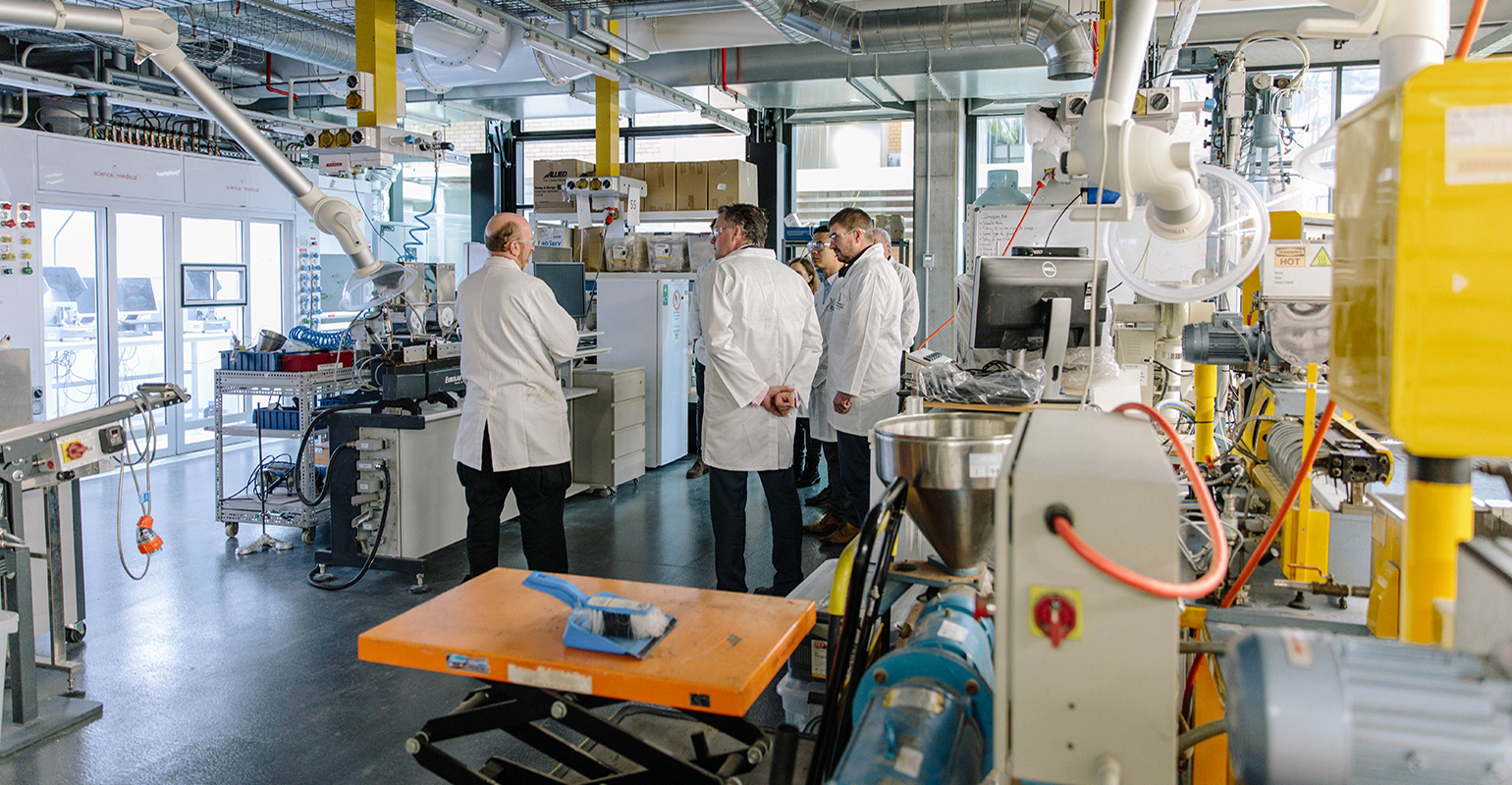
New Australian Bioplastics Research Center Emphasizes Training

The University of Queensland (UQ) in Brisbane, Australia, has opened a $13-million center for training and applied research in the fields of bioplastics and biocomposites. Among its goals is conquering the problem of large-scale plastic pollution.
Located at UQ’s School of Chemical Engineering, the Australian Research Council (ARC) Industrial Transformation Training Centre for Bioplastics and Biocomposites is funded by the Australian government’s Industrial Transformation Research Program (ITRP) for Training Centres (ITTC). The UQ center is funded for five years.
The training center is a partnership between UQ and the Queensland University of Technology, together with Kimberly-Clark Australia, Plantic Technologies, Australian Packaging Covenant Organisation, the Minderoo Foundation philanthropic organization, and government entities.
By partnering with organizations throughout the value chain, the center aims to drive innovation and growth in Australia’s bioplastics and biocomposites industry in service of the rapidly growing local and international market for bioplastics.
The center’s researchers will prioritize development of bioderived and biodegradable plastics with minimal environmental impact.
“Every year, it’s estimated more than 10 million tonnes of plastic leak into oceans as part of the almost 400 million tonnes of plastic that’s destined for landfill,” said UQ associate professor Steven Pratt, the center’s director, in a prepared statement.
“Urgent change is needed, and biodegradable bioplastics along with their natural fibre composites will be pivotal,” Pratt added. “It’s an exciting prospect to work toward manufacturing a commercially available plastic with exceptional properties but without the legacy of accumulation in the environment.”
Researchers at the center are investigating myriad aspects of bioplastics, including thin-film technology, novel packaging films, biodegradation of bioplastics in water, bioplastics’ end-of-life, and a biotechnology for commercial production of polyhydroxyalkanoates (PHAs) from sugar.
“We need to consider [the materials’] full lifecycle, from the sustainable resources to make them right up to their end of life,” Pratt noted.
For brand owners with pressing sustainability goals, the center’s work comes at an opportune time. Kimberly-Clark Australia, for example, intends to cut its use of fossil-fuel-based plastic in half within the next eight years.
“This partnership with the University of Queensland takes an important step toward creating more sustainable products and reducing our environmental footprint,” said Belinda Driscoll, managing director of Kimberly-Clark Australia.

Leave a Reply